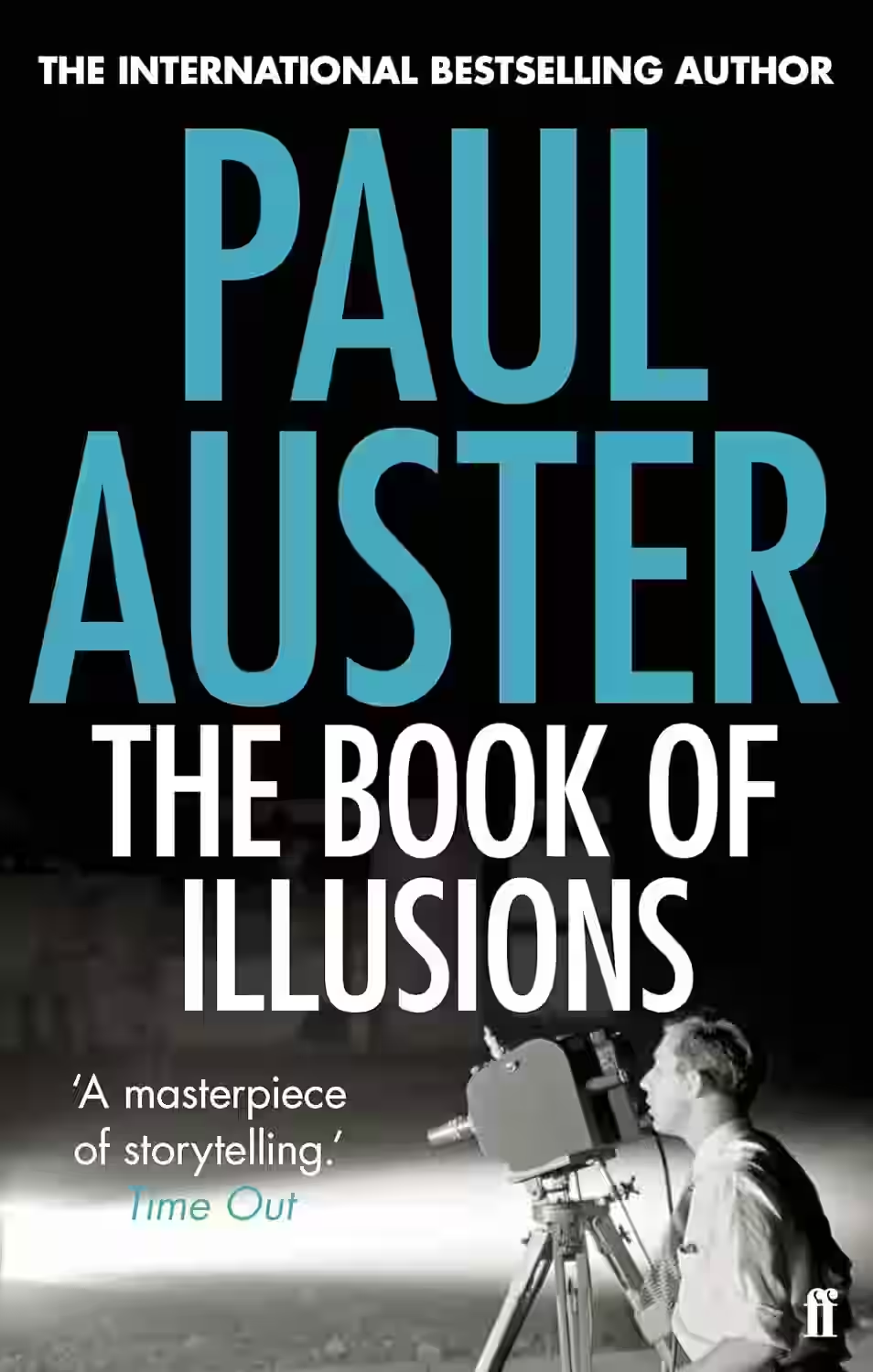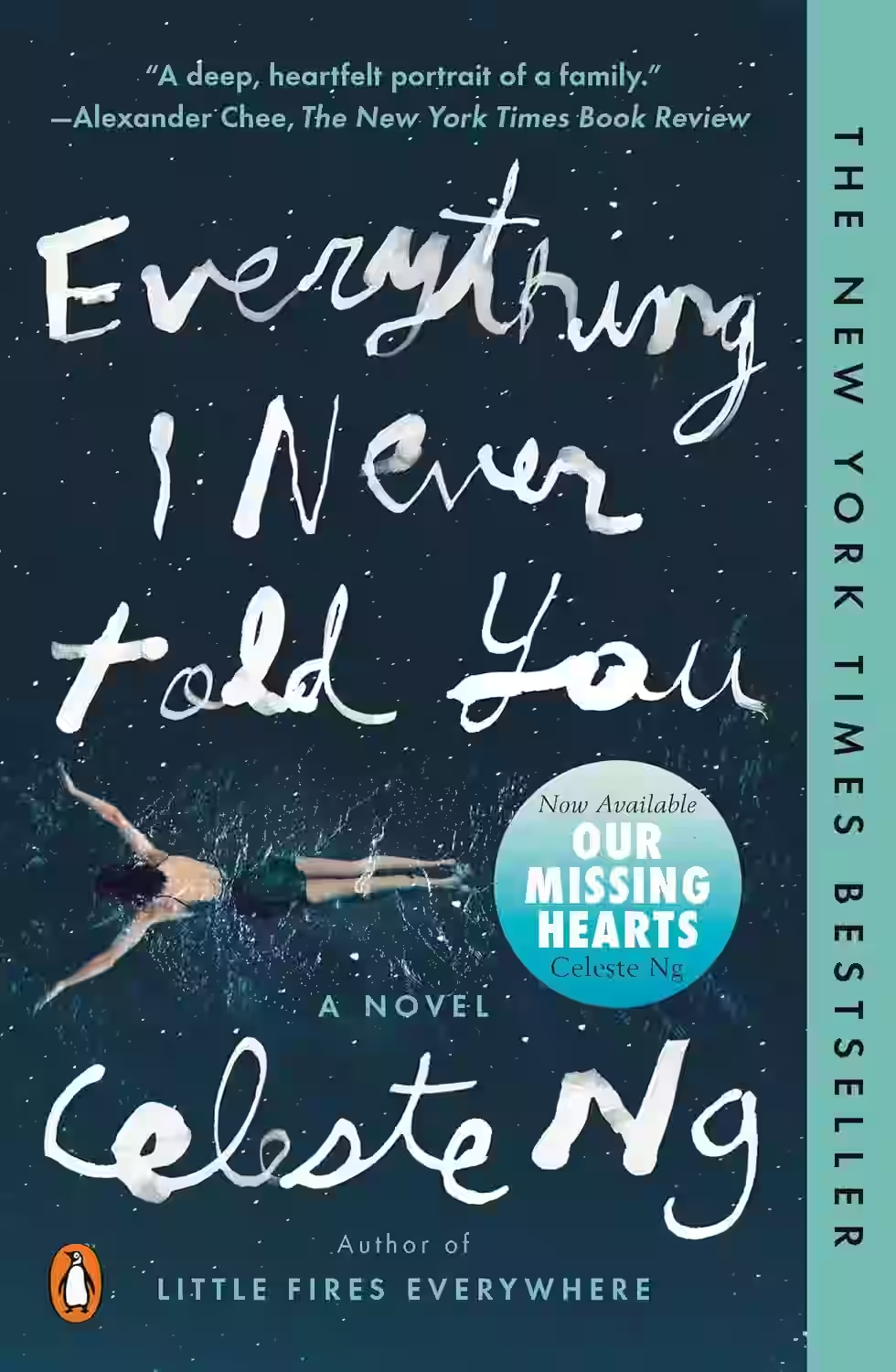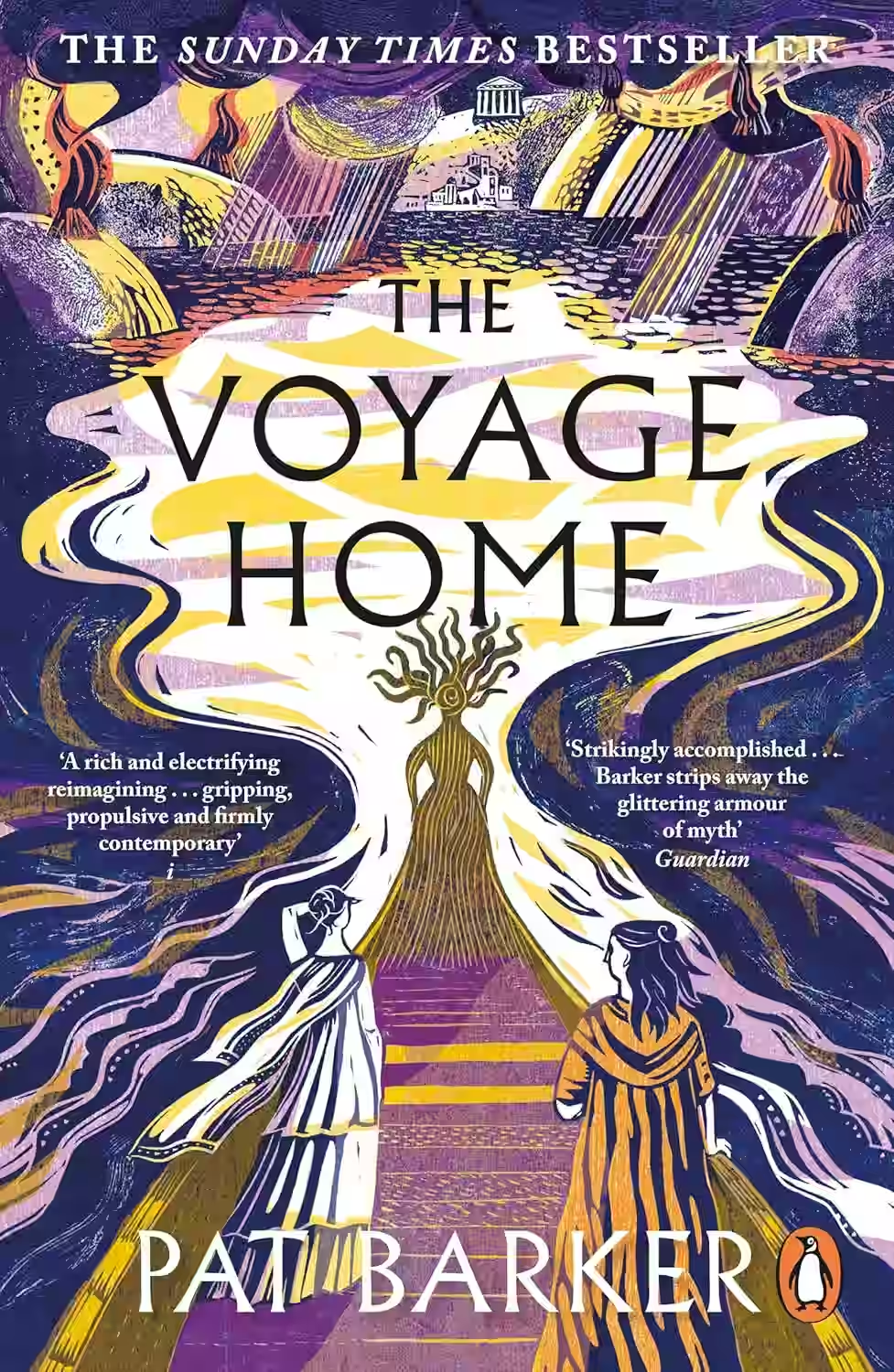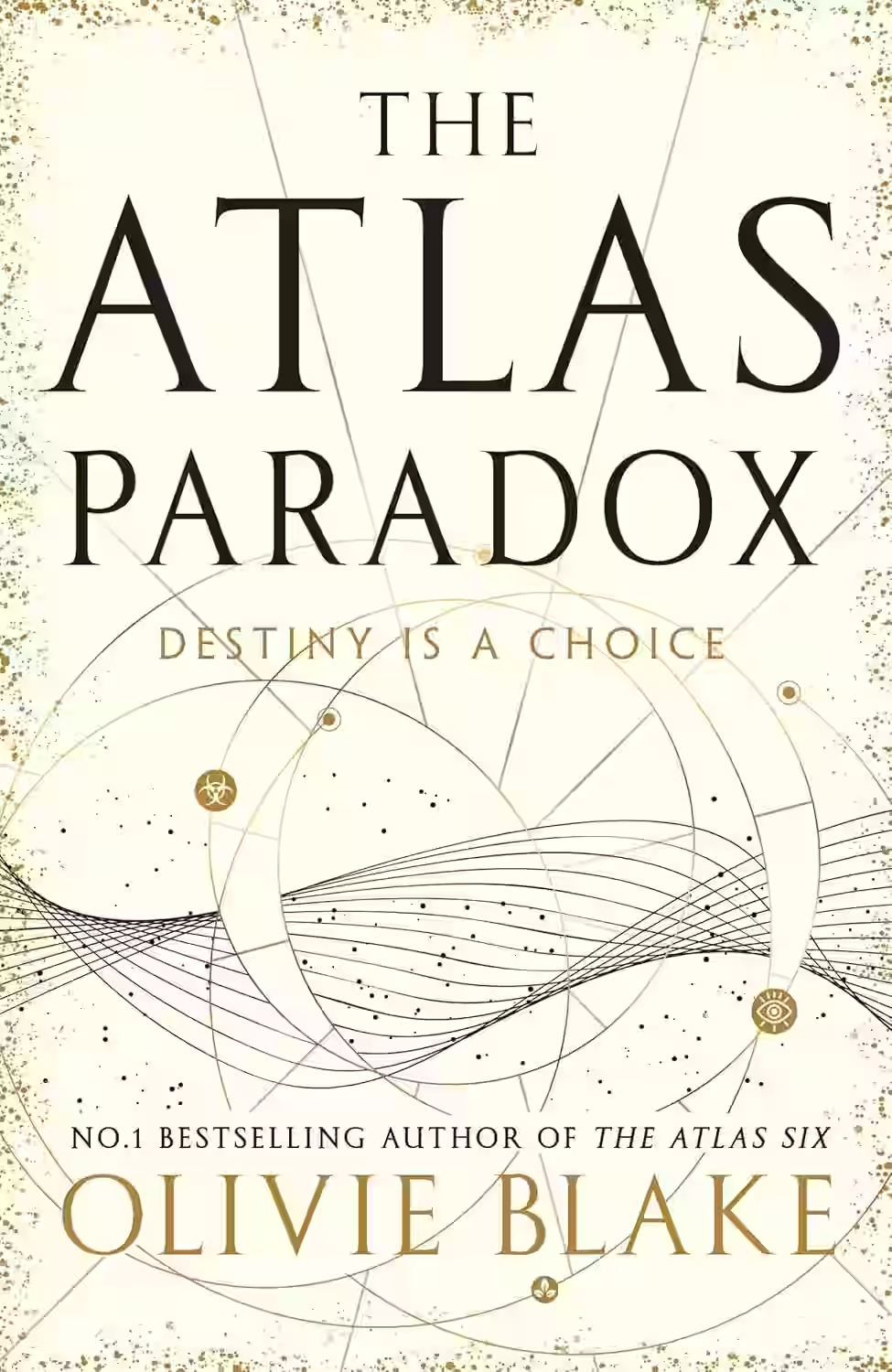
Paul Auster's 'The Book of Illusions' delves deep into themes of grief, identity, and redemption through a layered narrative that intertwines the lives of its protagonist, David Zimmer, and the enigmatic silent film star Hector Mann. Following a family tragedy, Zimmer immerses himself in Mann's films, writing a book that ultimately pulls him into a complex web of mystery and revelation. Auster masterfully crafts a thought-provoking exploration of how one's life can be dramatically altered by chance encounters and hidden truths, blending elements of noir and existential reflection. The novel captivates with its intricate plot and introspective prose, leaving readers to ponder the illusions that shape reality.
About Paul Auster
Paul Auster, born on February 3, 1947, in Newark, New Jersey, is an acclaimed American novelist and essayist renowned for his distinct blend of existential inquiry and playful narrative innovation. Auster attended Columbia University, where he completed his MA in English. He initially made a living through various manual and literary jobs before achieving literary success. Auster’s breakout novel, 'The New York Trilogy' (1985–1986), established him as a master of postmodern literature. Known for exploring themes of identity, chance, and the nature of storytelling, his notable works also include 'Moon Palace', 'The Music of Chance', and 'The Brooklyn Follies'. Auster’s engaging, often metafictional style has significantly influenced contemporary narrative form, cementing his status as a pivotal figure in modern literature. Throughout his career, Auster has received numerous awards and his work has been translated into more than forty languages, creating an enduring impact on global literary culture.
Similar Books

Everything I Never Told You
by Celeste Ng
In 'Everything I Never Told You' by Celeste Ng, the Lee family is shattered by the mysterious death of their daughter, Lydia. Set in the 1970s, the book explores themes of identity, family dynamics, and the pressure to conform to societal expectations. Ng delicately weaves together the past and present, unraveling family secrets and the complexities of human relationships. Through lyrical prose and compelling characters, the novel delves into the consequences of unspoken truths and the impact of cultural and racial tensions. It is a poignant and thought-provoking exploration of love, loss, and the struggle for acceptance.

The Wildlands
by Abby Geni
In 'The Wildlands,' Abby Geni crafts a haunting exploration of loss, survival, and ecological reverence amidst a world scarred by disaster. Set in the aftermath of a catastrophic tornado that obliterates a family farm in rural Oklahoma, the novel follows the McCloud siblings as they grapple with poverty and fragmented dreams. Significant themes include the transformative power of grief and the unique bonds formed in shared hardship. Geni interweaves elements of a thrilling adventure with profound contemplations on humanity’s impact on the natural world. Engaging and poetic, 'The Wildlands' invites readers into its vivid landscapes and complex character dynamics.

The Voyage Home
by Pat Barker
Series: The Women of Troy (#3)
In 'The Voyage Home', Pat Barker masterfully explores themes of identity, trauma, and the relentless quest for self-discovery in a post-war world. Set against the backdrop of a society trying to piece itself back together, the narrative follows a diverse ensemble of characters grappling with their pasts as they seek a sense of belonging and purpose. Barker's lyrical prose intricately weaves personal stories with broader historical context, creating a vivid tapestry of human resilience and vulnerability. The novel's introspective nature coupled with its emotionally charged journey invites readers to reflect on their own paths and the complex interplay between memory and healing.

The Atlas Paradox
by Olivie Blake
Series: The Atlas (#2)
In 'The Atlas Paradox,' Olivie Blake continues to captivate readers with her blend of intrigue and intellectual challenge. As a sequel to 'The Atlas Six,' this novel dives deeper into the mysterious world of the Alexandrian Society, where six gifted magicians vie for their place among an elite group. Each character, with their unique abilities and motivations, navigates moral dilemmas and shifting alliances, revealing the corrupt underpinnings of their world. Blake deftly weaves a narrative that combines complex character development with philosophical questions about power, knowledge, and ethics. The book's stimulating dialogue and suspenseful plot maintain a gripping pace, enticing readers to ponder the true cost of ambition. 'The Atlas Paradox' is a thought-provoking exploration of the human psyche, making it a must-read for aficionados of dark academia and speculative fiction.